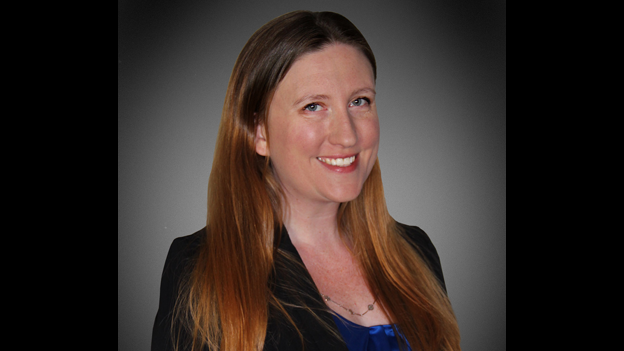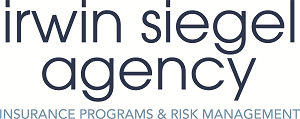The State of America's Direct Support Workforce Crisis 2024
New report sheds light on persistent problems facing community providers due to ongoing recruitment and retention challenges
Browse the Data
Connections - 12.21.22
The Importance of Willowbrook and the Creation of Human Service Risk Management

Share this page
Stay Informed on the Latest Research & Analysis from ANCOR
More News
Capitol Correspondence - 12.23.24
ANCOR Submits Statement Honoring Senator Casey to Senate Aging Committee
Stateside Report - 12.23.24
Stateside Report: December 23, 2024

Industry Insights - 12.19.24
Industry Insights: December 2024


